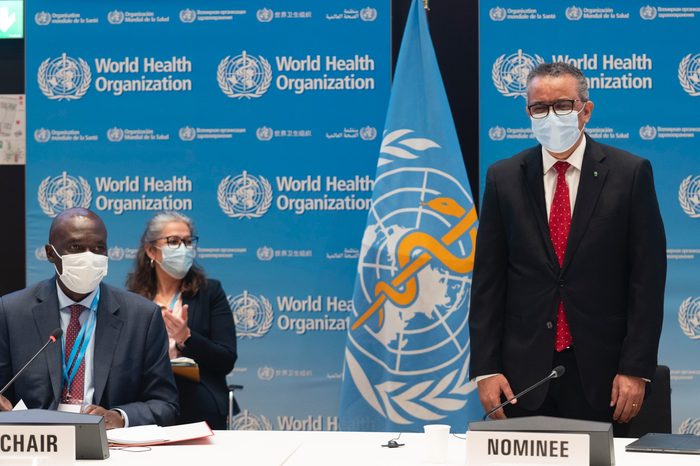|
⛲ Three billion dollars for a fountain of youth.
That’s the promise of a biotech unicorn which just launched in California, dedicated to rejuvenation and longevity sciences. Altos Labs – that is its name – has recruited to its team and its board some of the most brilliant minds in the field, and it is backed by billionaires. “There are rumors that Jeff Bezos is one of its investors – for the prolongation of life is a field that seems particularly attractive to the man (and it usually is a man) who otherwise has everything”, writes The Economist in a complete article.
Another exhaustive survey was published this week in Nature (see below), which shows how hot this topic now is. And in Switzerland, a newly non-profit organisation established in Zug, the Longevity Science Foundation has started its activities, the mission of which is to “help make longevity-focused care accessible to everyone, no matter their background, by bringing cutting-edge science on aging out of the laboratory and into the mainstream”, as it describes itself. How will that be fostered? By giving the donors (to the foundation) possibilities to first vote on their favourite research project, then get rewards like “consultations with longevity specialists and early access to treatments”. These possibilities will, however, be more or less important depending on the amount of money given.
But having more people live longer on Earth also means that our planet will get crowded more quickly. With impacts on environment, resources, our living space, education and economy, to name a few. “There are many ways in which our biographies are in a mismatch with our social organisation, and this would be increased by a prolongation of life expectancy, recalled Samia Hurst, ethicist at the University of Geneva, at the recent Geneva Science and Diplomacy Anticipation Summit. “So maybe we need to have language based on rules and functions other than actual age. Maybe we need to have language based on health status, and maybe biomarkers will one day be the way in which we make these distinctions. And there are many ways in which we can think about that. One of the exciting things in longevity sciences, is that it leads us to ask questions that we should have been asking anyway. But this throws them in a light that makes them more urgent.”
And, when this field of research benefits from the needed regulatory support – as this BioSpectrum Asia article nicely explains – our societies ought to make sure that these questions are answered by and for all – in other words that discussions include those who can invest in rejuvenation science enterprises as well as those who do not have the same means.
- Olivier Dessibourg, GESDA
|










